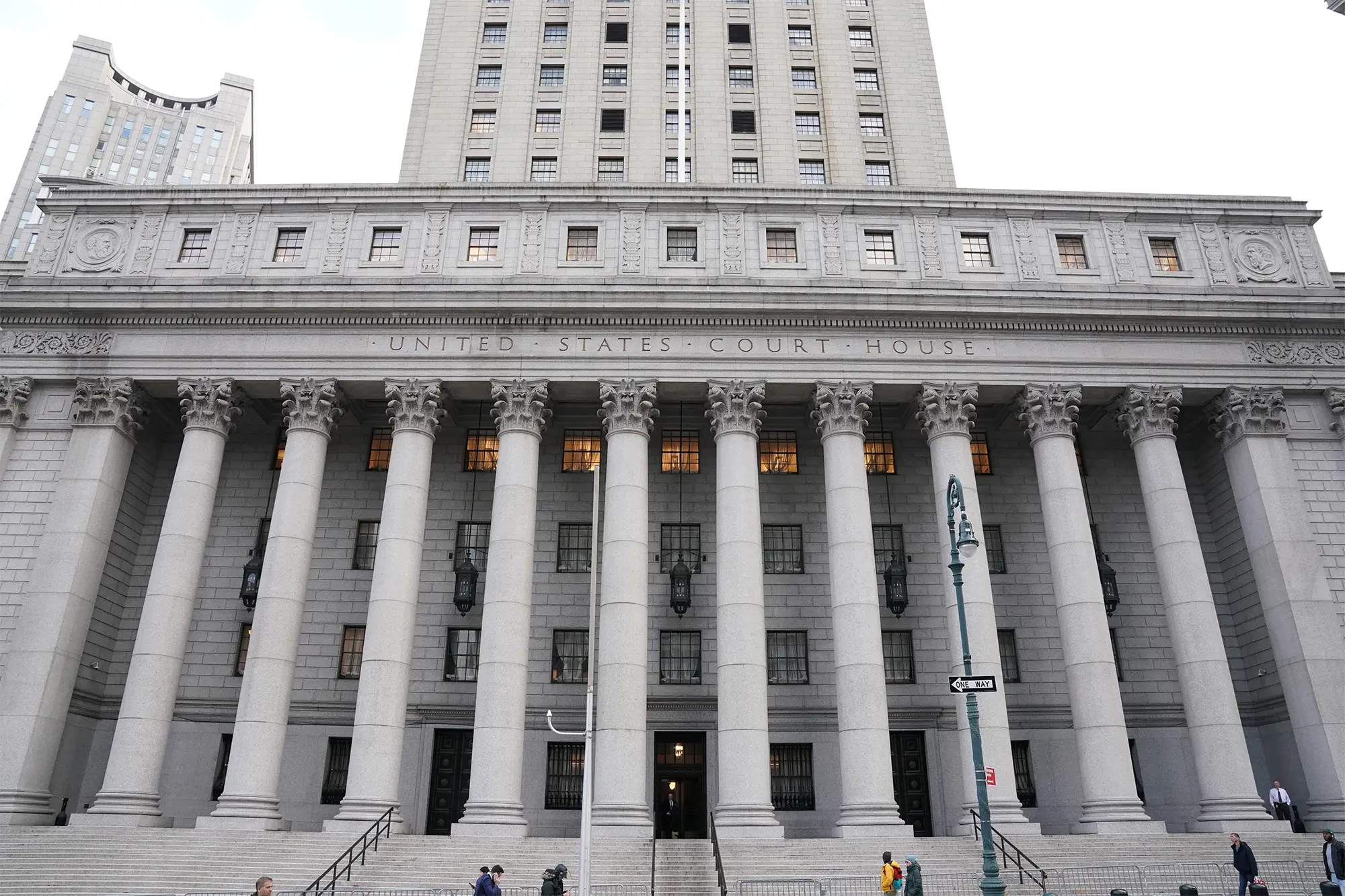In the lawsuit filed against Tether, accusing the stablecoin maker of manipulating the price of Bitcoin (BTC), the Judge overseeing the lawsuit has ordered the embattled stablecoin issuer to prove USDT’s 1-to-1 backing.
In an ongoing case pending in the Southern District of New York District Court, Judge Katherine Polk Failla has ruled that Tether should provide a complete set of documents, including general ledgers, balance sheets, income statements, cash flow statements, profit and loss statements, along with other documents, to the court in order to prove the stablecoin’s backing.
On Tuesday, the order was published as a result of a group of investors’ initial complaint against iFinex, the parent company of Bitfinex and Tether. In the complaint, a group of investors alleged that the company manipulated the cryptocurrency market by issuing unbacked Tether in order to drive the price of Bitcoin and other cryptocurrencies upward.
IFinex’s petition to halt the order on the grounds that it had already provided sufficient enough documentation to the Commodity Futures Trading Commission and the New York Attorney General was denied by Judge Polk Failla. As these documents pertain to one of the Plaintiffs’ key complaints, she determined that the Plaintiffs’ demand for undoubtedly crucial documents is justified.
In September 2021, Judge Polk Failla dismissed the plaintiffs’ accusations against iFinex under the Racketeer Influenced and Corrupt Organizations Act as well as the charges relating to racketeering and the use of racketeer money for investments in the case.
We had already agreed to produce documents sufficient to establish the reserves backing USDT, and this dispute merely concerned the scope of documents to be produced.
Tether said in a statement
Tether and its parent company Bitfinex were the subject of an investigation by the New York Attorney General (NYAG) that concluded with a settlement agreement worth $18.5 million last year. It has been determined by the NYAG that the company commingled its own funds with customer funds in order to obfuscate an amount of $850 million in losses resulting from police action taken against one of its payment processor partners, Crypto Capital Corp.
































